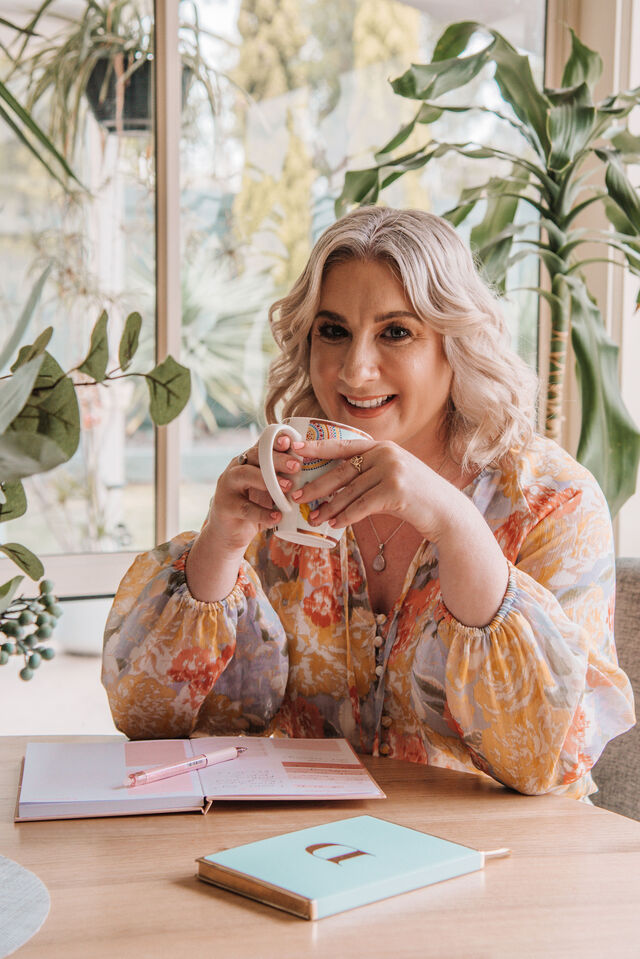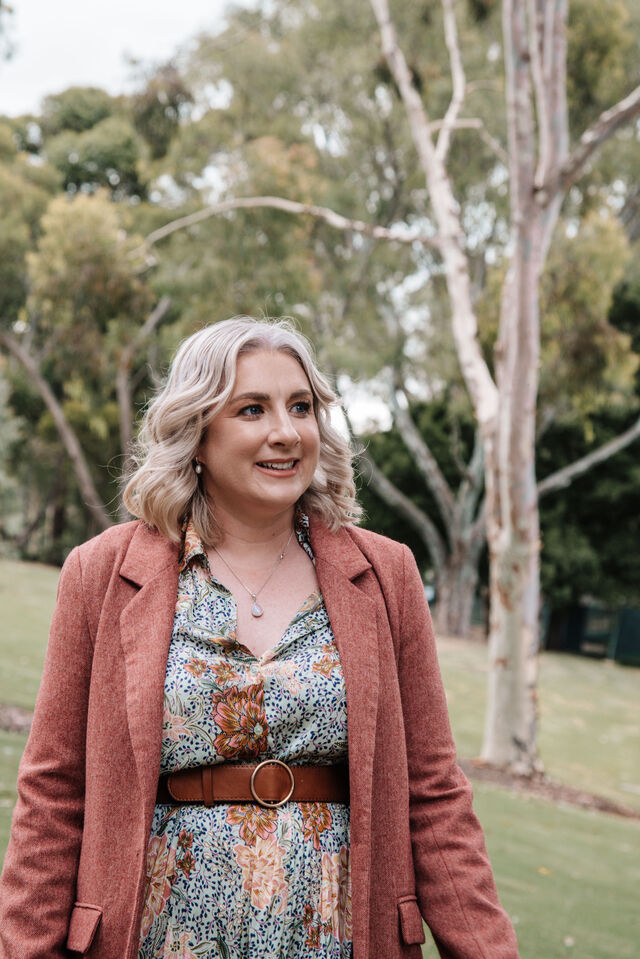By Casey Neill
Today’s high schoolers are more worried about study debt and increasingly likely to take a gap year, says one career coach.
Geelong mum and teacher Danielle Flack has worked in career education in secondary schools for 13 years.
“The last couple of years I’ve noticed young people’s attitudes and aspirations towards work and further education changing,” she said.
“I’m seeing lots more teenagers wanting to take gap years.
“There’s a lot more hesitation about committing to university.”
Danielle recently started a PhD in career education and has just written a book on the topic – Career Planning Handbook: Navigating Your Future Career and Work Life.
“I basically wrote the book with my teenage self in mind,” she said.
“What do I wish I knew back then? What would I have found helpful?
“I was the first in my family to attend university, and despite getting an ATAR in the high 90s, I really struggled with adjusting to uni life.
“I actually changed courses three times in three years.
“This experience made me passionate about helping young people like myself, who just don’t know where to start and maybe don’t have the support or resources at home.”
So Danielle collated the information and advice she gave to her students.
“I’ve broken it down into the steps that I would take if I was in their shoes,” she said.
“I thought about the questions I regularly get asked from young people.
“It’s the first time they’re making a decision that potentially has long-term implications.
“For a lot of young people, that causes so much stress and anxiety.
“I wanted to convey that it’s OK if you don’t know what you want to do or if you make a mistake or you change your mind or if you try something and it’s not quite right.”
She said many of her students were “really tired” by the time VCE rolled around.
“They’re tired from being through Covid, then returning to school, and I just feel like a lot of them don’t want to rush into making a decision,” she said.
“They just want a moment to pause and reflect.”
That often means a gap year, which Danielle encourages – so long as they make it profitable by doing something meaningful.
“That could look like working a part-time job, building up your skills,” she said.
“Or doing a short course at TAFE that is an interest area for you.
“A lot of my students who may be interested in becoming nurses or teachers, they might say ‘on the side I’m actually really interested in makeup’.
“Do the certificate.
“When you go back to uni, you can start your own business on the side and earn money while being flexible around university.
“A lot of them just want to travel.
“I think that’s an excellent way to get a bit more independent, get organised, learn how to manage their time, be a little bit more resilient.”
Another factor in students electing to delay a decision on further education is the Higher Education Contribution Scheme (HECS).
“That whole conversation about having the HECS debt and indexation, you wouldn’t think that young people would be thinking about that, but in the last two to three years it is so common for Year 12 students to come in and ask ‘how much does this course cost?’,” she said.
“Previously no one would ever ask.”
Danielle introduces students to career education in Year 7 by building self-awareness.
“We start with what are they curious about, what do they like to do, what are they good at,” she said.
In Year 8 she introduces activities like ranking jobs from lowest to highest salary, busting myths and misconceptions, and investigating the level of study or training behind different roles.
At Year 9 and 10 Danielle shifts the focus to shaping the kids as future employees.
“We look at part-time jobs, resumes, cover letters, job interview skills, their rights in the workplace…then start planning for senior secondary school and beyond,” she said.
For Year 11 and 12 students, Danielle’s interactions focus on making decisions about the future.
Along the way, she provides parents with conversation starters to use at home and shares information explaining the different pathways.
“So we still have a lot of misunderstanding, maybe misinformation, about TAFE and about apprenticeships, and what is a good career and how do you get there,” she said.
“A lot of the work we do is on educating parents as well.
“One thing we’re trying to do this year is to provide a little bit more information about the future of work.
“There is a lot of anxiety, worry, confusion about what the future of work is going to look like.
“We’re trying to use that as an opportunity to explain what skills might be needed, how to develop them, and highlight some of the growing industries.”
Danielle’s PhD will look at the hopes and aspirations of young people in relation to work, education and training with a regional lens.
She moved to Geelong from Melbourne three years ago.
“It is quite different here,” she said.
“There’s two camps: ‘I have to escape from Geelong the second I can’ or ‘No I can’t leave, this is where my family is’.
“It’s a passionate commitment one way or the other.
“When I lived in Melbourne I had traditionally worked in Catholic schools.
“I worked in the western suburbs so I worked with a lot of young people who were first in the family going to university, a lot of students who were looking at apprenticeships or trainee pathways.
“Most wouldn’t consider studying overseas or interstate.
“In Geelong, young people will consider studying interstate, that’s just a normal thing.
“We’ll look at universities in Queensland, New South Wales, Tasmania.
“I’ve got lots of young people interested in studying overseas.”
You can find Danielle on Instagram at danielle_thecareercoach.









